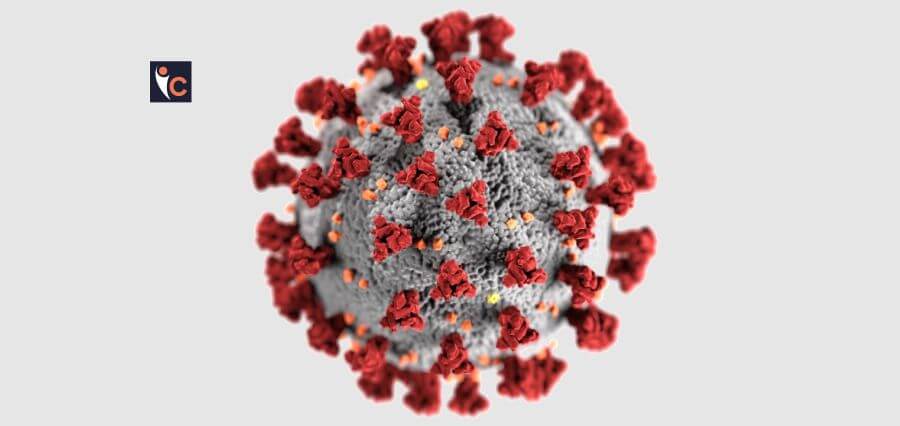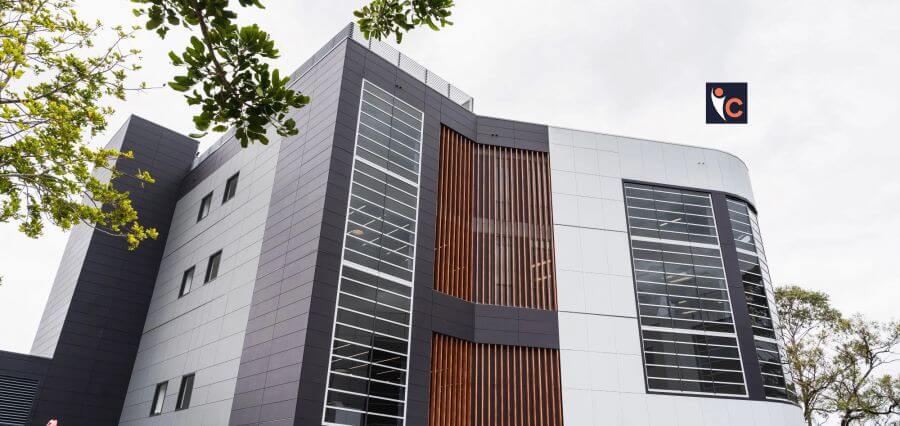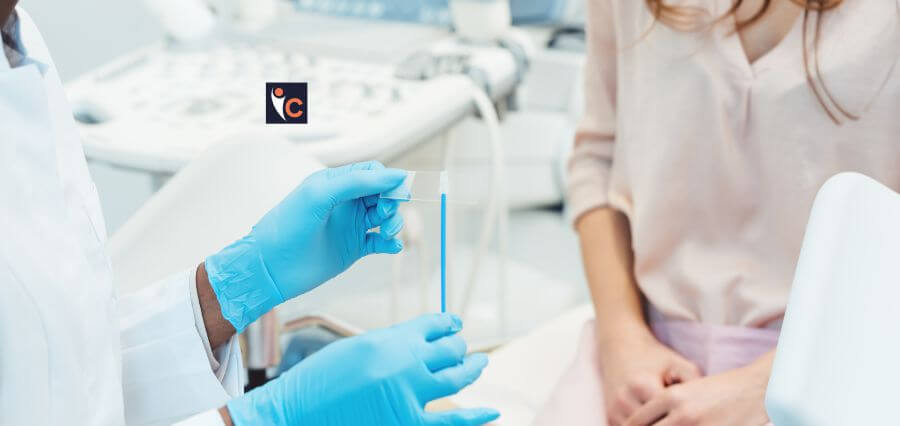SARS CoV-2
In course of widely spread SARS CoV-2 that emerged in human organoid structures, animals and human organs maintained outside the body. The widely spread UDCA drug, used in the treatment could help protect people with a suppressed immune system and offer resistance vaccine resistant variants.
The Rise
Vaccines changed the course of the COVID-19 pandemic by training people’s immune systems to recognize and clear SARS CoV-2 virus. Although they are not always effective in individuals with weak immune systems and all other viral variants.
Despite international efforts, not everyone has access to vaccination, owing to its cost and disparities in vaccine availability. A bigger challenge is managing COVID-19, in the post-vaccine arena in counteracting SARS CoV-2 infection in high-risk unvaccinated groups.
The Result
In the aim to help people with weak immunity, drugs against SARS CoV-2 should require a well-functioning immune system. In order to prevent the virus from being able to escape treatment by mutating while not acting on the virus.
To meet those needs, we targeted a receptor protein called angiotensin-converting enzyme 2 (ACE2) which is found on the membrane of human cells and constitutes the main ‘doorway’ that SARS CoV-2 uses to enter and infect cells.
In the laboratory, to study ACE2’s function and how it affects viral infection, we used human cells to create organoids — 3D tissue structures grown in vitro to resemble and model different organs.
Through organoid experiments, we have recently discovered the blocking of a bile-acid sensing protein called foresaid X receptor (FXR), which is found in huge amounts in the liver. However, also present in other parts of the body, and that reduces the amount of ACE2 on the surface cells.
To confirm these findings in living animals, we treated hamsters with UDCA and showed the drug prevented SARS-CoV-2 infection. And to test whether these findings could be translated to humans, we performed a test UDCA in a pair of donated human lungs that were not suitable for transplantation.
The Process
The lungs are ventilated and perfused with blood-like fluid to keep them functioning and then treated with either UDCA dissolved in a saline solution or just saline solution before infection with SARS CoV-2.
In UDCA, treatment reduced SARS-CoV-2 infection of samples from the lungs. In eight healthy volunteers who received UDCA, ACE2 levels in nasal cells. The main entry points for the virus into the body were reduced in theory increasing people’s resistance to infection.
With the UDCA widely used in the clinic, we interrogated existing data to compare COVID-19 outcomes of people who were not. Individuals who took UDCA were less likely to have severe COVID-19 than those who did not receive the drug.
The Implications
The UDCA drug widely used, accessible, cost-effective, patent, and easy to manufacture and store were overcoming cost and distribution barriers. It does not target the immune system or the virus itself. It could therefore be both effective in people with weak immune systems and protect against viral resistance. It could be more effective in the future coronavirus pandemic due to ACE2 being a doorway for many such viruses.
This is one of the first studies to demonstrate the feasibility of drug testing in donated human organs. This method could eliminate the need for animal experiments while improving the predictive power of preclinical drug testing.
Our findings suggest that UDCA may play an important role in COVID-19 management. However, this is not a clinical trial, and our findings must be validated and confirmed in large groups of people over time.
Importantly, we recommend that UDCA be used in conjunction with vaccination rather than in place of it. The obvious next step is to conduct large, randomized, controlled trials to evaluate its clinical effectiveness.















